Today, mobile users have little patience and high expectations. Apps are expected to be not just fast, but intuitive, secure, and available across multiple platforms, all without glitches or compromises.
The pressure is real on businesses to deliver mobile experiences that work flawlessly out of the box.
And that’s why choosing the right mobile application frameworks makes all the difference.
They’re not just technical tools; they’re strategic foundations that can shape time-to-market, performance, maintainability, and even how your team scales.
So, whether you're building a consumer app, a digital health solution, or a retail platform, the mobile development frameworks you choose will deeply impact the outcome.
In this guide, we’ve covered 10 of the most reliable and scalable mobile dev frameworks in 2025 while explaining what they’re best at, where they shine, and who they’re perfect for.
So let’s have a quick look at them!
The Most Popular Mobile Application Development in 2025 to Try
Here are the must-try mobile application developments to try in 2025 and beyond!
1. Flutter – Google’s Versatile Champion

Flutter is still the top contender in mobile application development frameworks, and for good reason.
It lets you write a single codebase for Android, iOS, desktop, and even web apps. The UI flexibility is unmatched, all thanks to its rich widget system and layered architecture.
Here’s what makes Flutter stand out -
- Powered by Dart, maintained by Google
- Stunning performance close to native
- Ideal for startups building MVPs and enterprises needing unified UX across platforms
Flutter also allows you to customize every pixel on the screen, which is a must for brand-conscious products.
2. React Native – The JavaScript Powerhouse
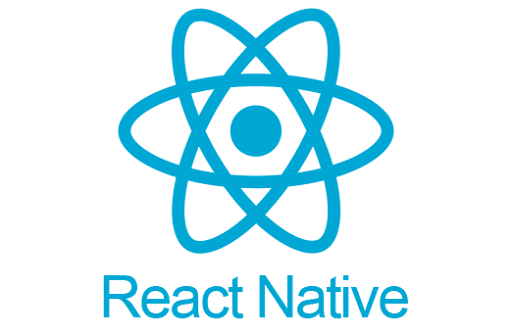
Built by Meta, React Native is a popular choice as it lets you write once in JavaScript and render on both Android and iOS.
And even today, it continues to dominate MVP and social app builds, thanks to its modular architecture and ecosystem.
Here’s what makes React Native stand out -
- The hot-reload feature speeds up development
- Reusable components = faster iterations
- Works seamlessly with TypeScript, Redux, and Firebase
If you are looking for Mobile App Development Services, React Native can be a good choice if your business is looking to get early traction while maintaining a clean upgrade path.
3. SwiftUI – Apple’s Modern Framework
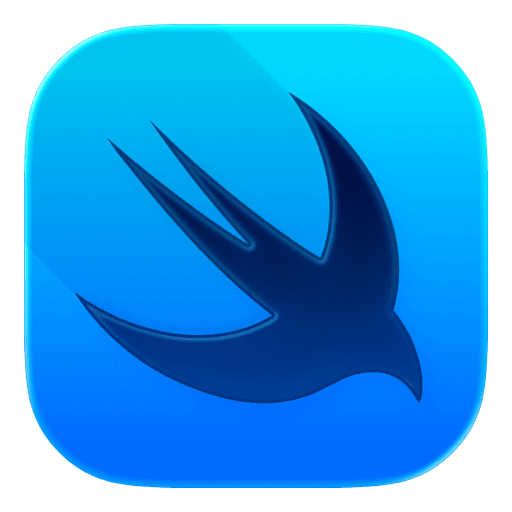
If your product is iOS-first or exclusively Apple, SwiftUI is the mobile application framework to choose in 2025.
Designed by Apple, it allows developers to build interfaces faster using a declarative approach.
Here’s what makes SwiftUI stand out -
- Beautiful animations with minimal code
- Ideal for modern iOS features (widgets, dark mode, Apple Watch)
- Deep integration with Xcode previews
We recommend SwiftUI for clients looking for an iOS App Development Company where user experience is the top priority.
4. Kotlin Multiplatform – Future of Android & Beyond
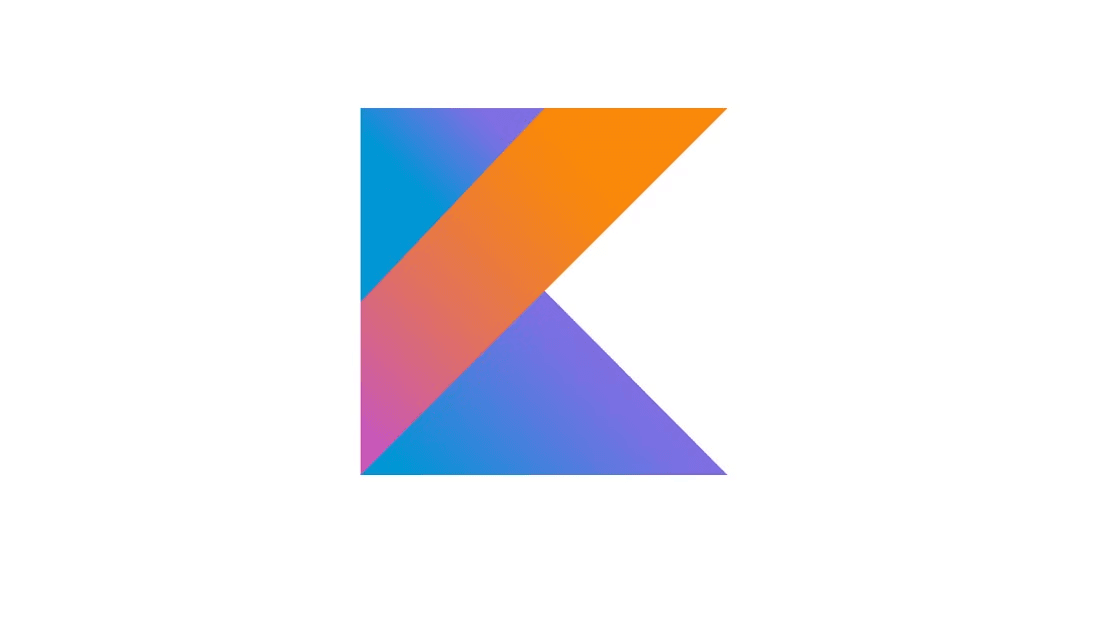
Kotlin isn’t just Android’s go-to language anymore. With Kotlin Multiplatform, you can now share business logic across Android, iOS, web, and backend.
Here’s what makes Kotlin Multiplatform stand out -
- Code reuse across platforms saves time and cost
- Plays well with Jetpack Compose
- Growing support from large enterprises
For Android-heavy ecosystems or those looking for an Android App Development Company, Kotlin Multiplatform is highly recommended as it offers native-level control with cross-platform benefits.
5. Xamarin – Microsoft’s Veteran Cross-Platform Tool
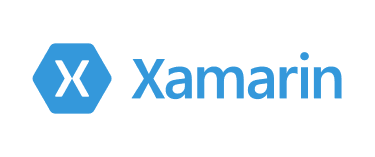
Xamarin is the best choice for you if your business heavily relies on the Microsoft ecosystem. It allows C# developers to build apps with native performance while sharing code between platforms.
Here’s what makes Xamarin stand out -
- Works with .NET MAUI
- Excellent for enterprise apps that use Azure, SQL Server, etc.
- Full native API access across platforms
While it’s not the hottest tool among startups, it’s still a top pick for regulated industries or finance apps where .NET dominance persists.
6. Ionic – Web Technologies for Mobile Apps

If you are planning to build a hybrid mobile app, Ionic is one of the most flexible mobile development frameworks. The reason is simple - it enables devs to use standard web technologies like HTML, CSS, and JavaScript.
Here’s what makes Ionic stand out -
- Superfast prototyping
- Angular, React, and Vue integrations
- Ideal for content-driven apps, admin portals, and B2B tools
It’s perfect when you want to reuse your web development team’s skills and still deliver a mobile experience that feels native.
7. NativeScript – Truly Native with JavaScript
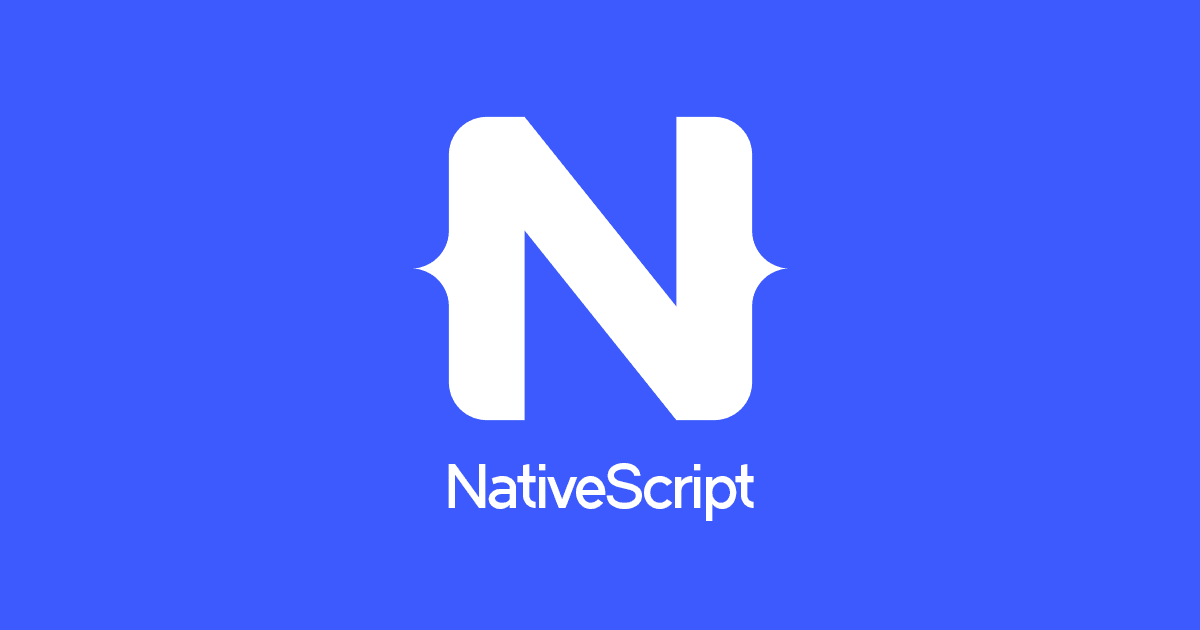
Moving next, if you want your app to run as if it were built natively while you write JavaScript, NativeScript is the best mobile app development framework to go with.
It enables direct access to native APIs using JavaScript, TypeScript, or Angular.
Here’s what makes NativeScript stand out -
- No WebView, pure native rendering
- Strong community plugins
- Great for high-performance apps with deep device integration
If performance is non-negotiable and you still want code reusability, NativeScript fits right in.
8. Apache Cordova – Simplicity for Hybrid Apps

Cordova is the grandfather of hybrid mobile app frameworks, and while newer tools have outshined it, it still finds its place in quick-to-deploy, content-heavy apps.
Here’s what makes Apache Cordova stand out -
- Build once with HTML/CSS/JS
- Fast deployment
- Great for internal business tools or simple branded apps
However, Cordova isn't ideal for your business if you are planning to build graphics-heavy or real-time apps due to performance limitations.
9. Jetpack Compose – Modern Android UI Toolkit

Going further, if you want to have an amazing UI, minimal code, and improved design flexibility, the Compose framework can redefine Android development.
Here’s what makes Jetpack Compose stand out -
- Tight integration with Kotlin
- Fewer bugs, faster feature shipping
- Reduced boilerplate = cleaner codebases
So, if your Android app requires rapid UI iteration, Jetpack Compose is one of the best mobile dev frameworks available today.
10. Unity – For Mobile Games & 3D Apps

Unity isn’t a typical application development framework, but if your app involves gaming, AR/VR, or interactive 3D content, it’s unbeatable.
Here’s what makes Unity stand out -
- Cross-platform mobile gaming engine
- Real-time multiplayer support
- In-app purchases and ad monetization built-in
In 2025, Unity is powering everything from indie games to high-budget educational apps.
How to Choose the Right Framework for Your Mobile App?
Honestly, there’s no universal best. Your ideal mobile development framework depends on multiple aspects, such as-
- Platform coverage needs: iOS, Android, or both?
- App type: social, eCommerce, gaming, enterprise tool?
- Team capability: Are you starting from scratch or leveraging in-house skills?
- Performance expectations: Will real-time sync, animations, or AR matter?
If you’re still weighing options, our Mobile App Development Services can help you evaluate frameworks based on your product roadmap, scalability plans, and team workflow.
Work with the Best Mobile App Development Service Provider – Trreta
From hybrid MVPs to full-scale enterprise apps, choosing the right mobile application development framework can drastically reduce cost, time, and complexity.
But more than that, it shapes how users experience your brand.
At Trreta, we don’t just build apps, we engineer product experiences with the right tech stack, timeline, and talent.
Not sure which framework suits your project? Contact us for expert guidance on your next mobile app.
FAQs
Q1. What is the best mobile application framework in 2025?
There’s no one-size-fits-all answer. Flutter and React Native lead for cross-platform; SwiftUI and Jetpack Compose are the best for native.
Q2. Can one framework build apps for both Android and iOS?
Yes. Flutter, React Native, Xamarin, and Kotlin Multiplatform are all capable of cross-platform development.
Q3. Which frameworks are best for fast MVPs?
React Native, Flutter, and Ionic offer rapid prototyping and reduced time-to-market, which is ideal for MVPs.
Q4. How do mobile development frameworks impact cost and timeline?
Choosing a reusable, cross-platform framework can reduce build time by 30 to 50% and lower costs significantly.
Q5. What’s the difference between hybrid and native app frameworks?
Hybrid frameworks (like Ionic and Cordova) use web views to render apps, while native frameworks (like SwiftUI or Kotlin) compile to platform-specific code, offering better performance.





